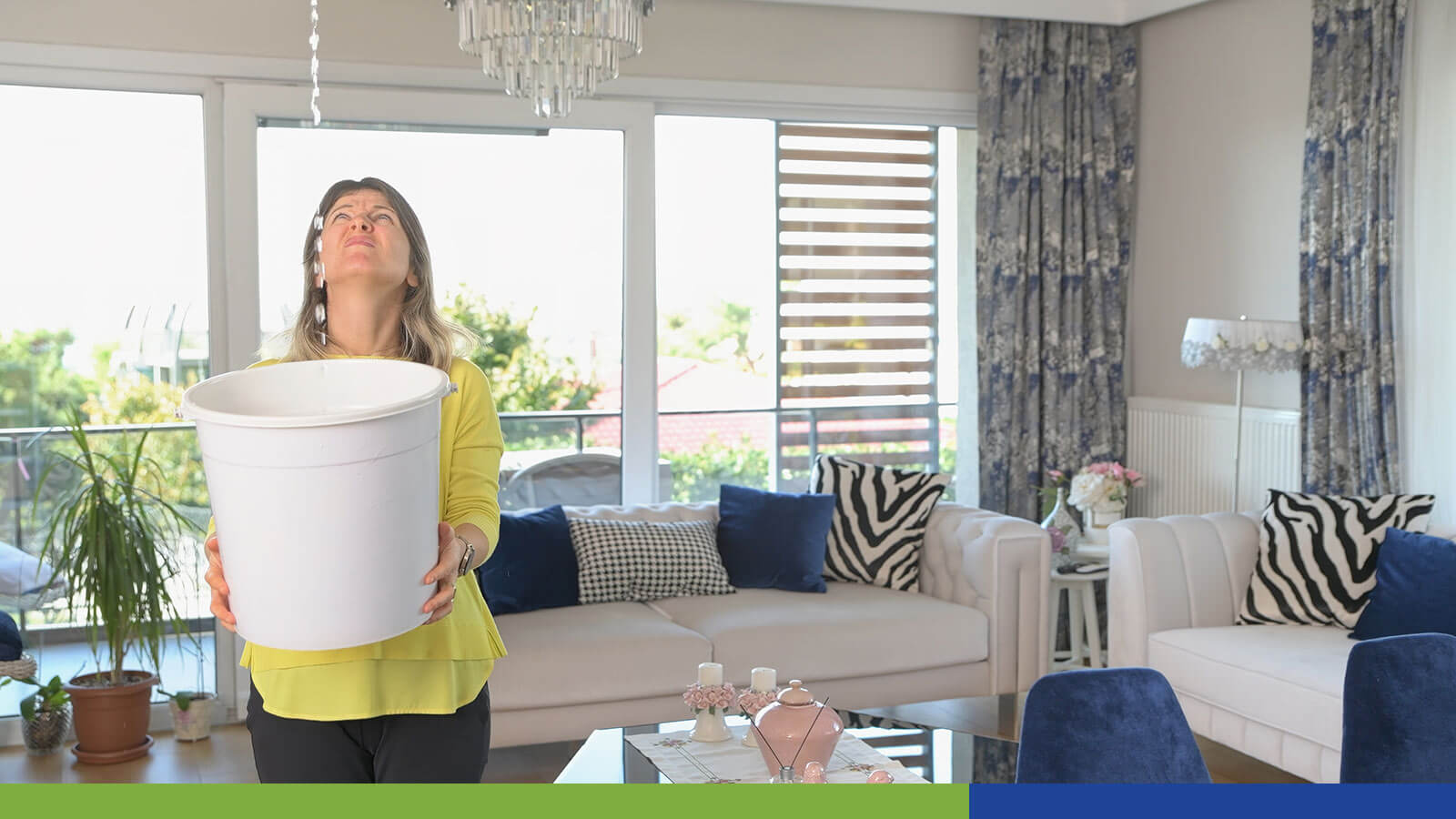
What To Do If Your Pipes Burst

Have you ever put an unopened bottle of water in the freezer? As water freezes, it becomes ice, which expands until it cracks the plastic. When the ice thaws again, the water will run out of the holes of the broken bottle.
This is the same dynamic that happens in your pipes during a cold snap or a winter storm. The water you use for cooking, cleaning and hygiene gets so cold that it expands and bursts out of the pipe carrying it. This can be an expensive and stressful problem to fix. If your pipes burst during cold weather, take these steps to prevent any more damage.
What to do if your pipes burst:
- Shut off the water immediately. Do not attempt to thaw frozen pipes unless the water is shut off.
- Apply heat to the frozen pipe by warming the air around it using an electric heating source, such as a hair dryer or space heater. Do not leave the device unattended.
- Do not use gas, kerosene or other flammable heating sources to warm pipes.
- Use caution when turning your newly thawed pipes back on. Turn the water on slowly and pay attention to areas where leaks and cracks might show.
- Once the pipe is thawed and water is on, contact your local licensed plumber to repair the pipe(s) as needed.
How To Prevent Burst Pipes
There are lots of things you can do to prevent your pipes from freezing. Start by keeping track of the weather in your area so you know when to expect freezing temperatures or winter storms. When temperatures drop, take preventative measures to keep your pipes warm. After the “Big Freeze,” keep your water moving so it doesn’t freeze. Here are tips for before and during freezing weather.
Before the Big Freeze
- Consider wrapping exposed pipes with heat tape or insulation: foam rubber, fiberglass sleeves, rags, and/or newspaper.
- If using insulation, be sure to apply at least 1-inch of the material, and cover them with plastic wrap or aluminum foil to keep them dry.
- If your water meter is located in the ground, ensure the lid to the meter pit is tightly closed.
- For your faucets, let a small trickle run into the sink overnight. This keeps the water moving and helps prevent it from freezing.
- Open up cabinet doors under sinks if they are next to exterior walls. This allows the indoor heat to warm up the pipes.
- Identify the location of the main water shutoff valve for your home. Your shutoff valve will be located where the line enters your house.
After the Big Freeze
- Keep cabinet doors open to allow more effective airflow to reach pipes under sinks and counters.
- Allow a small trickle of water to run. This will keep your water system flowing and prevent freezing.
- Try not to go too long between loads of laundry to prevent your water supply from freezing.
- Don’t let the cold chill your fun. By taking proper precautions, you’ll keep your family, loved ones, and pets safe during the winter season.